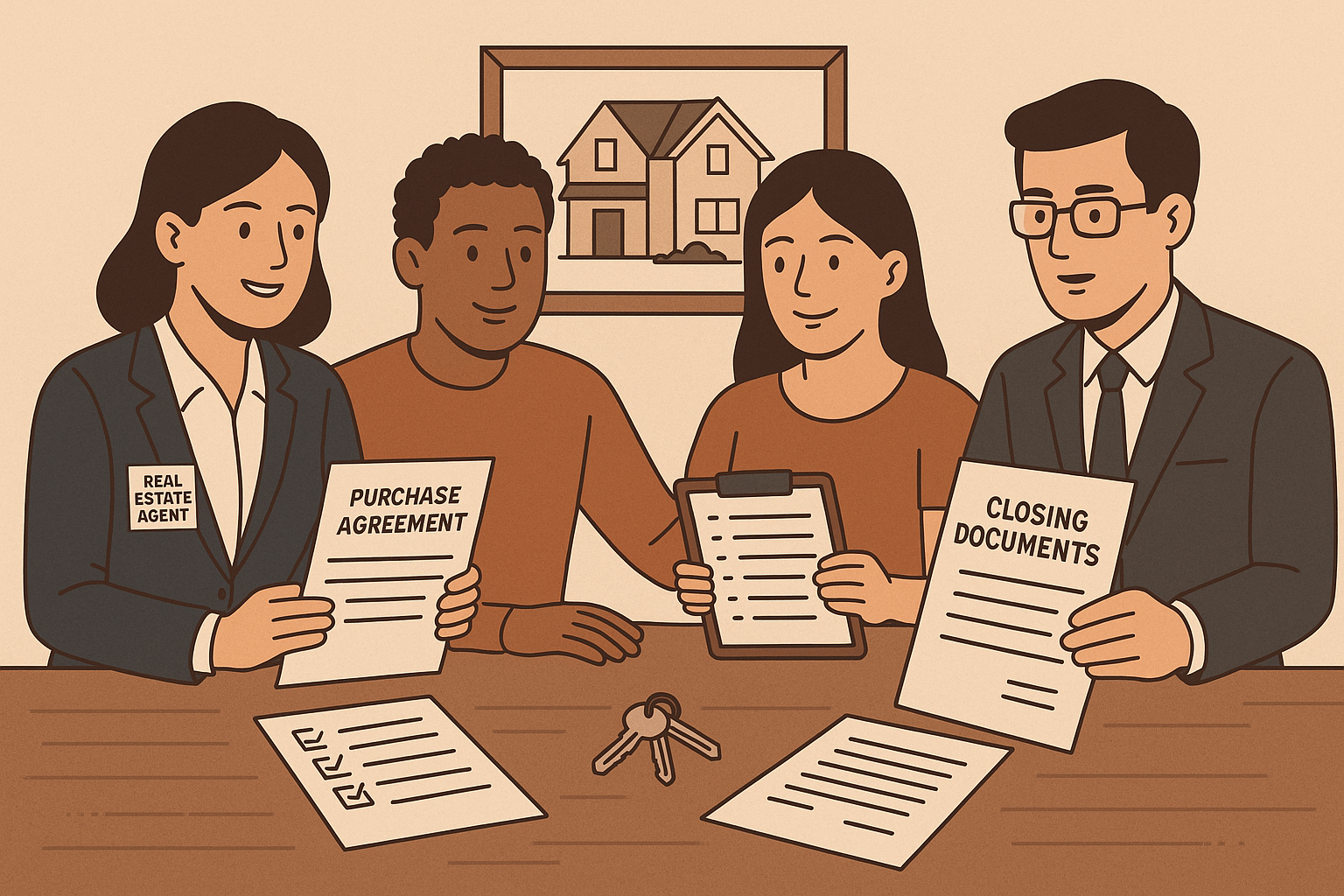When most people think about their mortgage, they often focus on the loan payments—the monthly principal and interest that keep them on track to owning their home outright. However, the mortgage document is far more than just a financial agreement to repay borrowed money. It imposes a range of additional obligations on borrowers, which, if not adhered to, could result in serious consequences. Let’s delve into what else the mortgage requires, why these additional requirements exist, and what happens if a borrower fails to meet them.
What Else Does the Mortgage Require of a Borrower?
1. Property Taxes Borrowers must keep property taxes current. Even if the lender does not escrow for taxes, the mortgage agreement typically requires that taxes are paid on time. Failure to do so can lead to tax liens, which take priority over the mortgage.
2. Homeowner’s Insurance Maintaining adequate homeowner’s insurance is another critical requirement. Lenders want to ensure the property—their collateral—is protected against risks such as fire, natural disasters, or other perils. The mortgage agreement often specifies minimum insurance coverage levels.
3. Maintenance of the Property Borrowers must maintain the property to preserve its value. This includes routine upkeep and ensuring that no condition, such as extensive damage or neglect, devalues the home.
4. Occupancy Requirements Some mortgage agreements require that the borrower occupy the home as their primary residence for a specified period. This is particularly common with loans designed for owner-occupants rather than investors.
5. Prohibition of Unauthorized Transfers Borrowers are generally prohibited from transferring ownership or interest in the property without lender approval. This clause, known as the "due-on-sale" clause, prevents the property from being sold or transferred without repaying the loan in full.
Why Are These Additional Requirements Necessary?
Lenders impose these requirements to protect their investment. When a lender issues a mortgage, they are taking on significant risk by lending a large sum of money. These provisions:
• Safeguard the Property’s Value: Requiring maintenance and insurance ensures the property remains a viable asset that can recover the loan amount if foreclosure becomes necessary.
• Prevent Liens: Ensuring taxes are paid prevents tax authorities from placing liens on the property, which could jeopardize the lender’s position as the primary lienholder.
• Control Ownership: The prohibition against unauthorized transfers protects the lender from dealing with borrowers who may not meet the original underwriting standards.
What Happens if the Borrower Fails to Meet These Requirements?
Failing to comply with any of these obligations can have serious consequences:
1. Default Failure to meet these requirements, such as not paying taxes or maintaining insurance, can place the borrower in default under the terms of the mortgage. Default does not only result from missed loan payments.
2. Force-Placed Insurance If a borrower fails to maintain adequate insurance, the lender may purchase a policy on the borrower’s behalf and add the cost to the loan balance. These "force-placed" insurance policies are often much more expensive and provide less coverage than standard homeowner’s insurance.
3. Foreclosure In extreme cases, non-compliance with mortgage terms can lead to foreclosure. For example, failure to pay property taxes or unauthorized property transfers can trigger this process.
4. Additional Financial Burdens The lender may impose fees or penalties for non-compliance, adding to the financial strain on the borrower.
Final Thoughts
Understanding your mortgage obligations is essential to protecting your home and financial stability. While making monthly payments is crucial, it is equally important to comply with the other requirements outlined in the mortgage agreement. If you’re uncertain about your obligations or facing challenges in meeting them, consulting with a real estate attorney can help you navigate these issues and safeguard your investment.
At the Peet Law Group, we concentrate in Vermont residential real estate law and are here to assist you with any questions or concerns about your mortgage obligations. Reach out to us today for expert guidance.





















